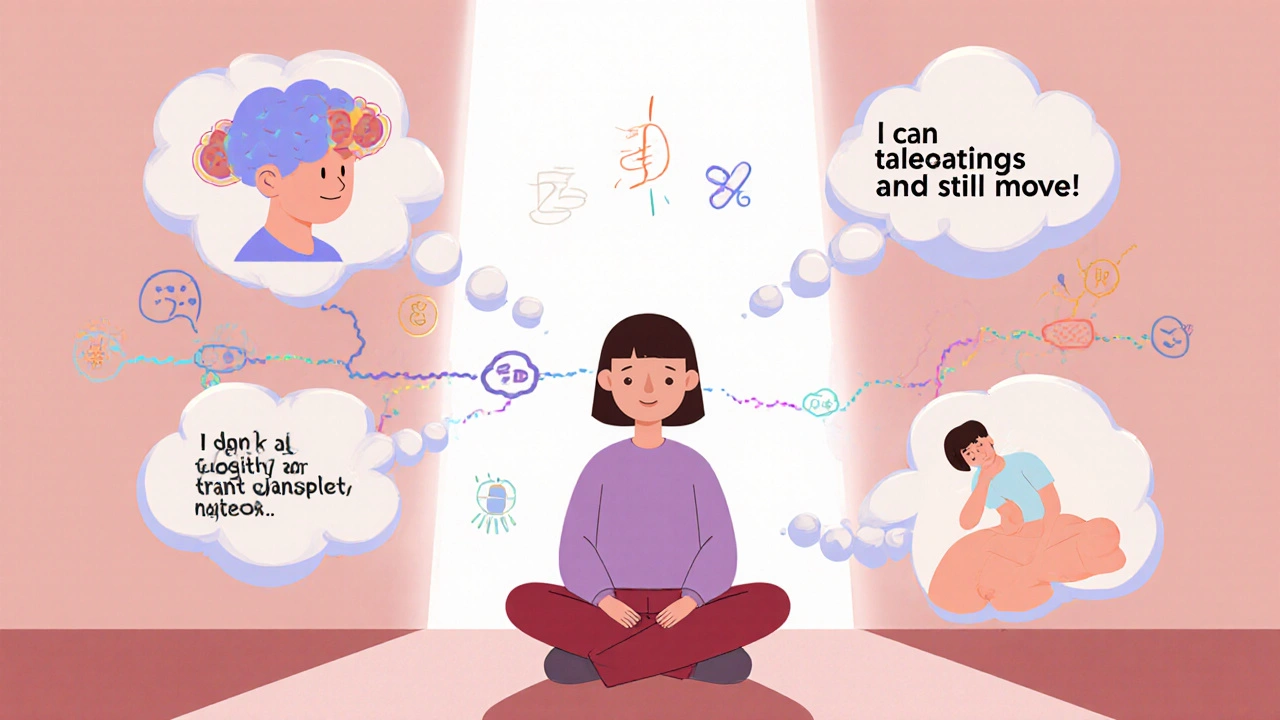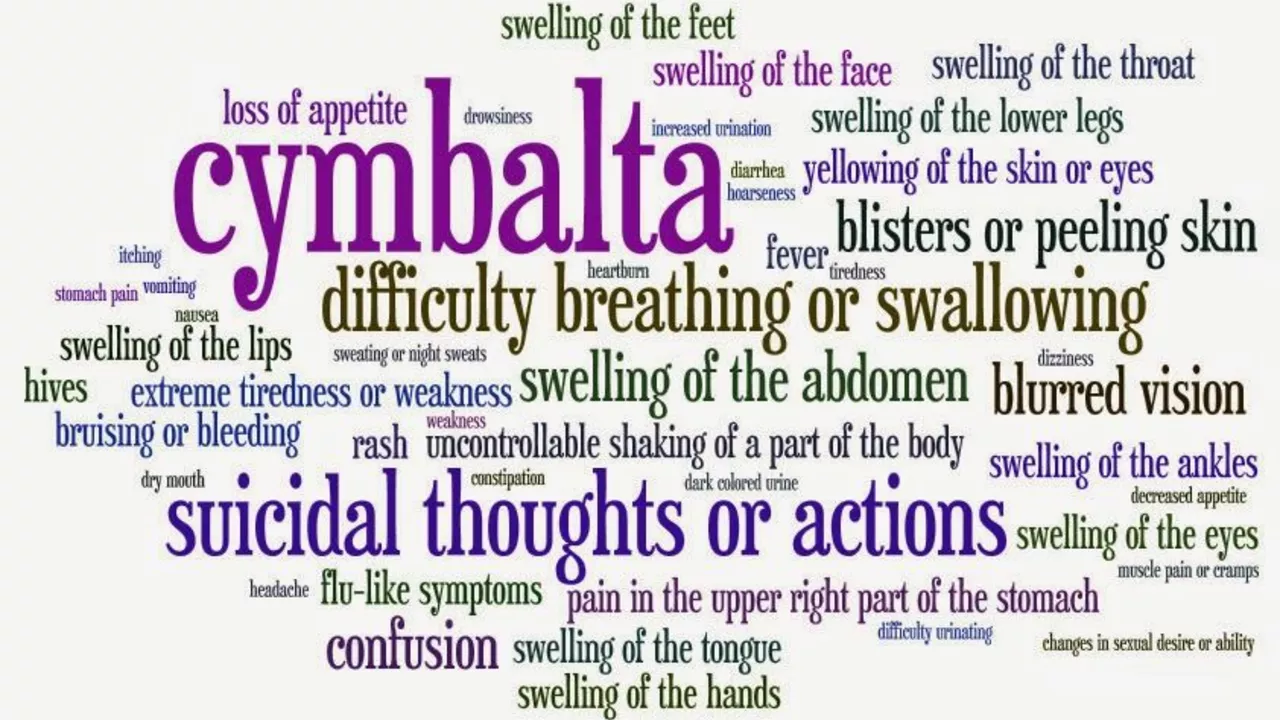Mental Health: Aripiprazole — What to Know About Risks and Uses
Aripiprazole can really help people with conditions like bipolar disorder and schizophrenia. But it’s also tied to serious concerns for some patients — including new or worse suicidal thoughts — and a few studies have looked at whether it helps with PMDD. If you or someone you care for is starting this medicine, it's smart to know the facts, what to watch for, and when to act.
Aripiprazole is an antipsychotic that changes brain chemicals to stabilize mood and thinking. Doctors prescribe it for several issues, and sometimes off-label for things like severe mood swings tied to PMDD. The evidence for PMDD is limited but promising in small studies: some people report fewer mood swings and less irritability when a clinician adds a low dose of aripiprazole. That doesn't make it a first-line treatment — it’s something to discuss with your prescriber if standard options haven't worked.
Watch for warning signs
New or worsening suicidal thoughts are the main worry linked to aripiprazole, especially in younger people. Watch for sudden mood shifts, increased agitation, trouble sleeping, impulsive behavior, intense hopelessness, or talking about death. These changes often show up in the first few weeks or after a dose change. If you notice them, act quickly: call your prescriber, contact a crisis line, or go to the emergency room if there’s immediate danger.
Don't stop the medication on your own. Stopping suddenly can make symptoms worse or cause withdrawal effects. If you or a caregiver spots concerning signs, reach the prescriber and ask how to adjust the dose safely or whether a different treatment makes sense.
Talking with your doctor
Before starting aripiprazole, ask these simple questions: What exact symptoms should I expect to improve and by when? What side effects should I watch for? How soon do I report suicidal thoughts or severe mood changes? Are there safer alternatives for my situation, especially if I have PMDD or plan a pregnancy? Which medicines or substances should I avoid?
Keep a short daily log for the first month: sleep hours, mood rating (1–10), new thoughts about self-harm, and any side effects. Share that with your clinician at follow-ups. If family or friends notice changes first, ask their permission to involve them in care — a second pair of eyes helps catch warning signs early.
Also check interactions: aripiprazole can interact with other psychiatric meds, some antibiotics, and substances like alcohol. If you’re pregnant, breastfeeding, or planning pregnancy, bring that up — treatment choices change in those situations.
Want deeper reading? Check the articles on this page about aripiprazole and suicidal thoughts, and its potential role in PMDD. They summarize research, real-world reports, and practical steps you can take now.
Grief vs. Depression: How to Tell Them Apart and Support Real Recovery
Learn how to tell the difference between grief and depression, what each feels like, and how to get the right kind of support. Grief is tied to loss; depression is about worthlessness. Knowing the difference saves lives.
View moreFluoxetine Activation: How to Manage Anxiety, Insomnia, and Timing for Better Results
Fluoxetine (Prozac) can cause anxiety and insomnia because it's one of the most activating SSRIs. Learn how timing, dosing, and individual factors affect side effects - and what to do if it keeps you up at night.
View moreAntidepressants and Alcohol: What You Need to Know About the Dangerous Mix
Mixing antidepressants and alcohol can worsen depression, reduce medication effectiveness, and trigger life-threatening reactions. Learn the real risks by drug type and what experts recommend.
View moreCBT for Chronic Pain: How Cognitive-Behavioral Therapy Helps Manage Persistent Pain
CBT for chronic pain helps manage persistent pain by changing how you think and respond to it. Learn how it reduces anxiety, improves function, and cuts opioid use-without eliminating pain.
View moreBuspirone vs. Natural Remedies for Anxiety: Which is Right for You?
Buspirone offers a non-addictive prescription option for anxiety, while natural remedies like L-theanine and magnesium provide gentler, holistic support. Learn which is right for your symptoms, lifestyle, and goals.
View moreAripiprazole and Suicidal Thoughts: Understanding the Risk
As a blogger, I recently delved into the topic of Aripiprazole and its potential link to suicidal thoughts. Aripiprazole is an antipsychotic medication commonly prescribed for various mental health disorders, including bipolar disorder and schizophrenia. Although it's generally considered safe, there have been reports of increased suicidal thoughts in some patients. It's crucial for both doctors and patients to be vigilant and monitor for any changes in mood or behavior while taking this medication. If you or someone you know is experiencing suicidal thoughts while on Aripiprazole, reach out to a healthcare professional immediately for guidance and support.
View moreAripiprazole and Premenstrual Dysphoric Disorder: Can It Help Reduce Symptoms?
I recently came across an interesting study about Aripiprazole and its potential use in treating Premenstrual Dysphoric Disorder (PMDD). PMDD is a severe form of premenstrual syndrome that affects many women, causing emotional and physical symptoms. This study suggests that Aripiprazole, an antipsychotic medication, may help reduce these symptoms. Although it's not a definitive answer, it's an intriguing possibility that could potentially improve the lives of women suffering from PMDD. I'm excited to see where further research on this topic will lead.
View more






